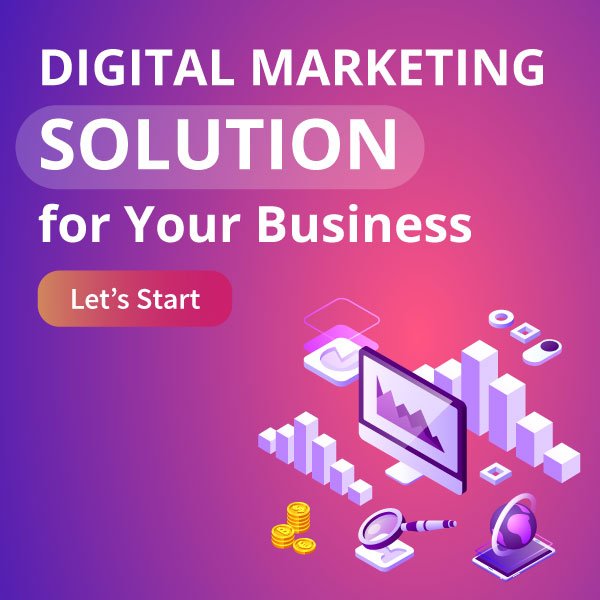Narender Yadav / September 28, 2018

International Data Corporation (IDC), estimates that the current spend on the Internet of Things (IoT) is nearing a billion dollars, and is expected to rise exponentially in the coming future. By 2020 it is expected that IoT will become a part of mainstream enterprise solutions, with approximately 44% of IT budgets being dedicated to IoT alone.
It is imperative that the organizations ride this wave of change. Why be the victim of change when one can be the driver of the same? It is already becoming pretty evident that IoT has penetrated most spheres of life and business. Organizations across sectors have started investing in IoT to get the maximum benefit from their IT investments.
For instance, airlines have already made IoT a part of innovative solutions for monitoring aircraft, airports, weather, and parts to make real-time decisions and to optimize fleet utilization.
IoT adoption by business is only going to increase from here on. Even though the scope is great, confusion persists. Based on the work we have done in the area, to our mind, there are ten important questions that CIOs & CTOs have about IoT solutions and their implementation. Here are those questions, and the clear answers these organizations need before forging ahead with their IoT implementation.
Most of the data being collected is stored in a common connected network. Driven by these data points, key business decisions are made. Even if one device is compromised the whole network is under threat. That might lead to leakage of critical info or may leave the data susceptible to changes which might result in wrong inferences. Hence security is of utmost importance, and most of the IoT solutions providers focus on creating security arrangements that stand up to the challenge. A common best practice is to delegate this task to parties that specialize in securing and installing the network the IoT solution will leverage.
Generally, IoT implementation involves a significant cost. An organization needs to buy IoT devices, Hardware, software, installation, process change, and other hidden costs are incurred. This upfront expenditure acts as a deterrent for many. But this is the wrong way to look at this spend. This is an investment that pays off by delivering significant benefits. Improved predictive maintenance, greater automation, and supply chain optimization all deliver substantial returns in cash saved, increased revenue, and effort reduction.
Billions of communicating devices will be storing data at a central location. This data is aggregated and then processed for insights. That kind of visibility into the end to end business processes will yield around 26% improvement in the bottom-line as per McKinsey’s global expert survey.
Greater connectivity with IOT will ensure that one can control operations remotely and reduce the turnaround time to deliver business value. Greater automation should become possible, as also seamless integration between business units that must come together to deliver meaningful business outcomes.
The businesses can leverage IoT to get better visibility into the current state of their assets. Devices provide readings from which the health of various assets can be deciphered, even remotely. Organizations can maintain and repair the asset before it forces the operations to shut down. This has a direct impact on the downtime.
A great example is in fleet management. Telematics data from the fleet can provide insights into the driving patterns. They can keep a check on the parts of a vehicle to improve on-road-time. This helps to improve the last mile delivery. Such use cases have already become mainstream for supply chain and freight organizations.
Most of the data from the IoT devices leverage a communication gateway and IoT streaming modules to store the data in the cloud. Such vast amounts of data is a boon for the data scientists as well as visualization experts. They can work their magic to help the decision makers derive valuable actionable insights.
With the help of IoT-enabled wearables, it could become extremely easy for the organization to observe and assist the human resources available to them, to improve their productivity. A variety of use-cases exist, like guiding the workforce through a hazardous process or in being compliant to various workplace regulations.
Many business users feel that if there are separate apps for all the IoT devices installed it can be an IT nightmare to monitor and regulate all of them. Solutions are coming into the picture that can create a holistic app that addresses these concerns. These are analogous to a smart home app, via which all the devices can be monitored.
According to Marketo IoT devices will provide a sea of opportunity to hear the voice of the customers and respond to their needs. IoT inputs from in the field, in store, and on-site can provide insights into usage levels, problems customers face, and breaks and faults. This information can help provide better service, evolved future versions, and more data-driven decision about the value the customers demand.
The short answer is any Industry under the sun, be it manufacturing, healthcare, hospitality, retail, construction, e-commerce, Life sciences, etc. all are positioned to benefit from the IoT phenomenon.
IoT is becoming an inevitable progression that most organizations in most industries will have to consider. Chances are, your organization is also at this stage. If that is so, perhaps these questions will help you in that discussion. If you have more questions that do pop them into the comments -we would be happy to answer them too!




